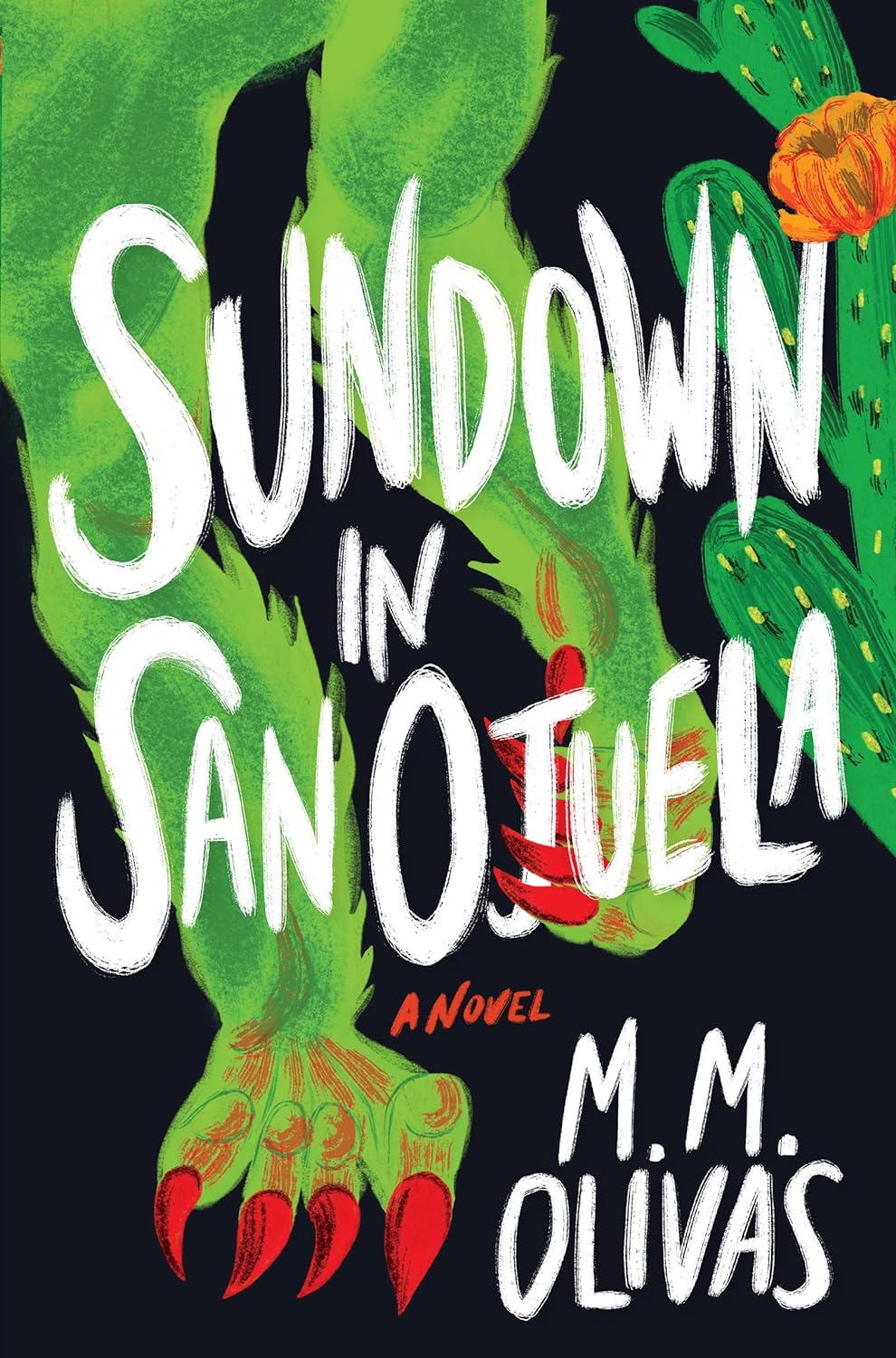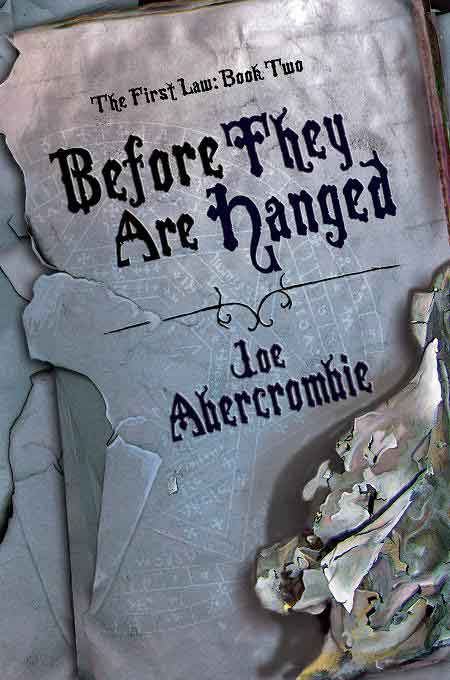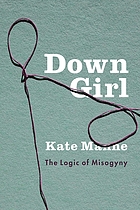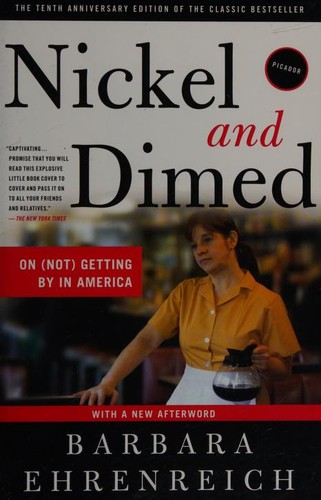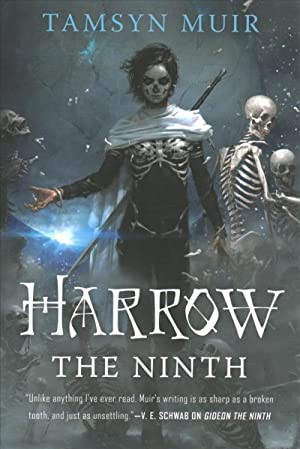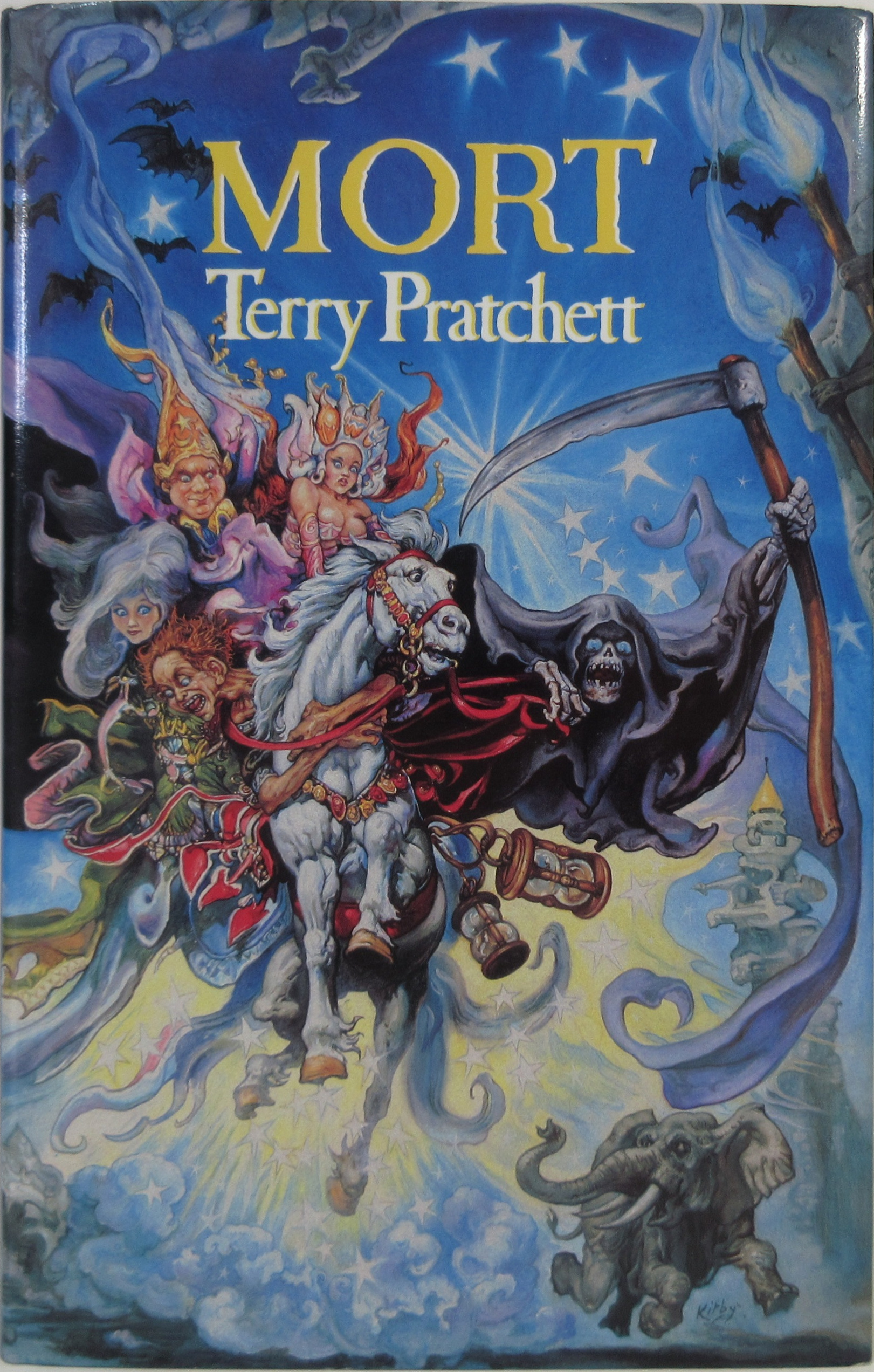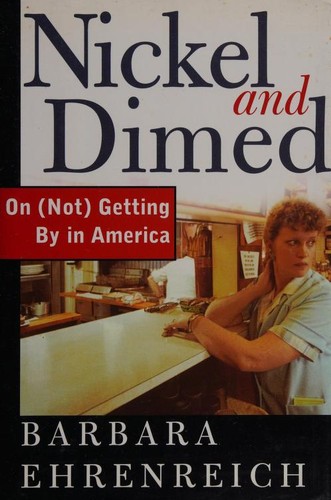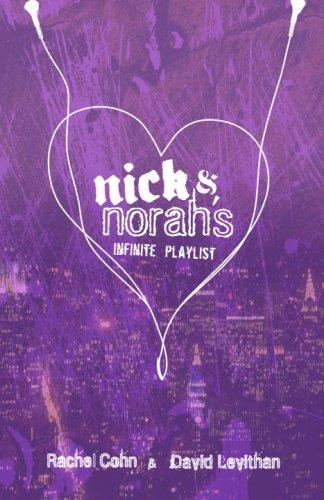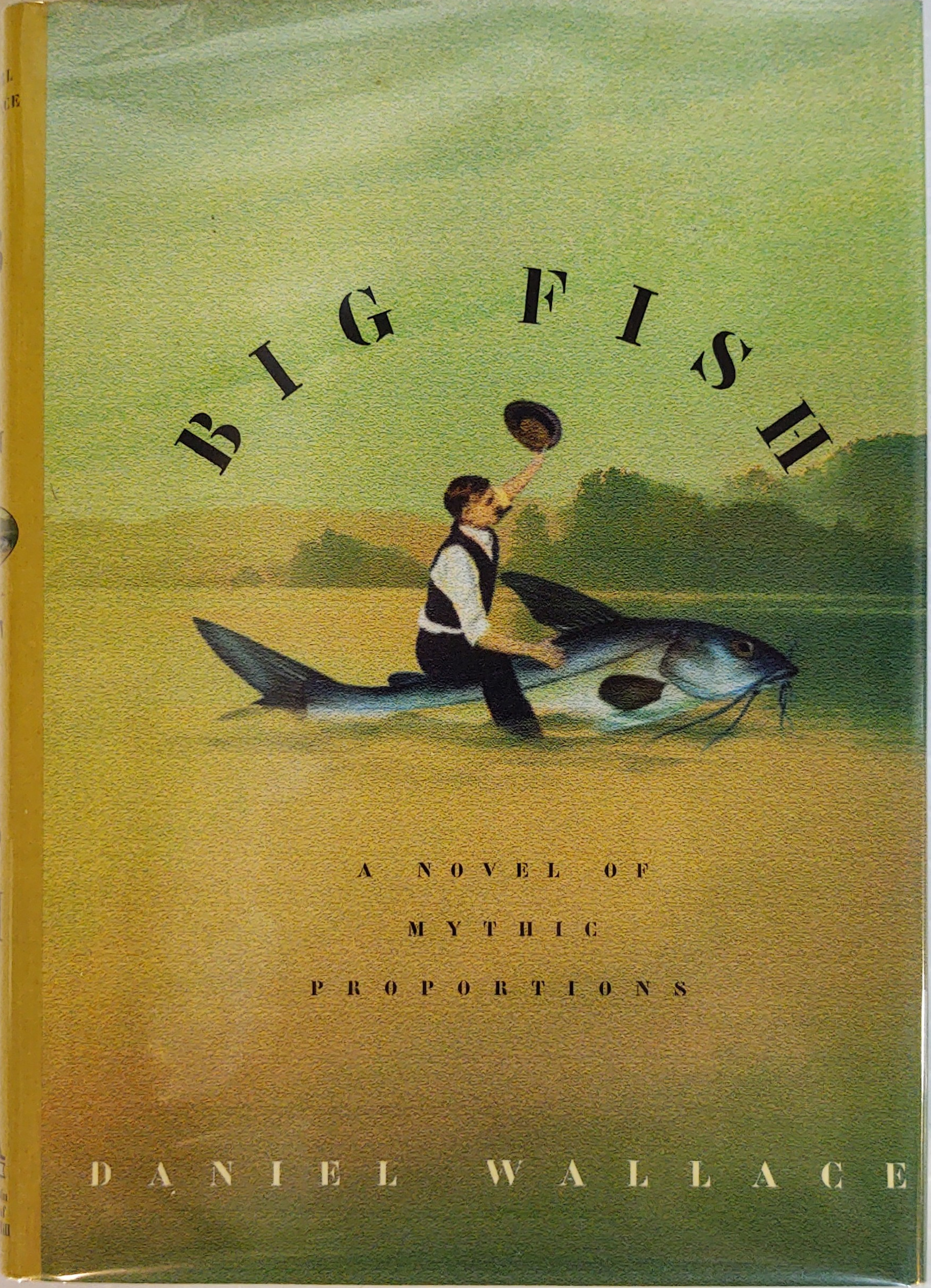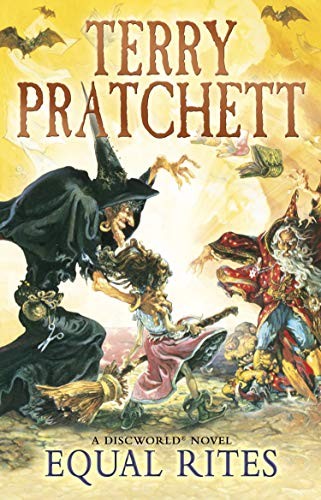bluestocking reviewed Nickel and dimed by Barbara Ehrenreich
interesting for the historical aspect I guess?
3 stars
You can see the way the DNA of this book shows up in other, later texts, particularly Matthew Desmond’s Evicted. Reading this in 2025 is interesting because so little has changed—except that things have perhaps gotten even more dire, with 25 additional years of increased costs and the minimum wage only having risen minimally since then. However, I just wasn’t particularly compelled by Ehrenreich’s time “slumming it” as a low-wage worker. I’ve been a low-wage worker, and in my opinion having an “outsider” tell this story and find ways to make it palatable and legible to the class of people who read the NYT makes it less incisive. The best parts of this book are the additional research and footnotes, and there’s not enough of that for me to recommend this book over something like Maid (which offers a better, more visceral personal narrative) or Evicted (which avoids the trap …
You can see the way the DNA of this book shows up in other, later texts, particularly Matthew Desmond’s Evicted. Reading this in 2025 is interesting because so little has changed—except that things have perhaps gotten even more dire, with 25 additional years of increased costs and the minimum wage only having risen minimally since then. However, I just wasn’t particularly compelled by Ehrenreich’s time “slumming it” as a low-wage worker. I’ve been a low-wage worker, and in my opinion having an “outsider” tell this story and find ways to make it palatable and legible to the class of people who read the NYT makes it less incisive. The best parts of this book are the additional research and footnotes, and there’s not enough of that for me to recommend this book over something like Maid (which offers a better, more visceral personal narrative) or Evicted (which avoids the trap Ehrenreich fell into by building the book’s narrative off of interviews rather than centering Desmond’s experience, and offers more background research).
I don’t regret reading it and it wasn’t a bad book, but it does surprise me how often this still gets recommended even now when it really doesn’t feel like it has much to say.
Also, the random fatphobic diatribe at the end of the book was so fucking annoying lmfao. Absolutely took me out of the book and made me roll my eyes, especially since I’m 99% sure we already had research indicating that poverty and fatness are deeply correlated in the US when this was written. Ehrenreich really shows her whole ass by denigrating the (likely similarly poor and overworked!) “wide-body” Wal-Mart customers in comparison to herself and her thin coworkers who are apparently more worthy of empathy. I didn’t put the book down after reading this bit because honestly it’s kind of to be expected from a middle-class white woman writing in 1999/2000, and also because it’s from a section where she emphasizes that the work seems to be making her more cruel and less empathetic. But that bit honestly just feels like punching down and also a missed opportunity to bring in some interesting research about how pursuing health, including a socially acceptable thin body, is not available to the working poor, and how being fat opens one up to additional discrimination and further poverty.
Basically: there are better books on this topic out there, by people with more complex lived experience. This book might be enlightening if you have never worked for minimum wage or cleaned toilets for a living, but if you have—skip it, you know more based on your own experience than Ehrenreich could have possibly put into this book.
